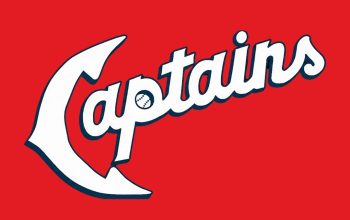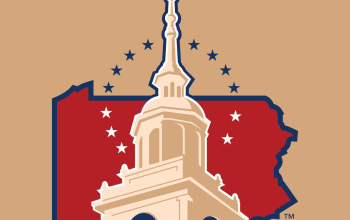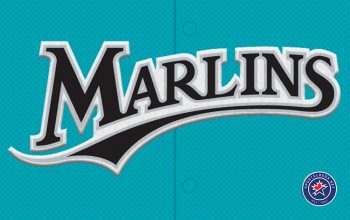
The first time marketing entrepreneur Alan Miller heard the name of the collegiate summer level Portland Pickles, a team he now co-owns with former Seattle Seahawks punter Jon Ryan (among others), he was not too sure about it.
“When I originally heard it,” he said, “it was a little bit jarring.” [Editor’s note: HA!]
But it didn’t take long for Miller to realize the team’s quirky logo and nickname were perfect for the city of Portland, Oregon, which has played host to its share of wacky baseball teams. The city was home to the first professional team in the Northwest, the Pioneer Baseball Club, founded in 1866, and then in the early 1900s teams like the Portland Webfoots and Portland Browns played there, followed by seemingly innumerable iterations of the Portland Beavers at various levels of baseball over the next century.
Perhaps most famously, Portland was home for five years in the 1970s to the independent Portland Mavericks, the ragged band of misfits who were the subject of the excellent documentary The Battered Bastards of Baseball. That team was owned by actor Bing Russell and composed of scruffy baseball castoffs, not to mention Bing’s son Kurt Russell.

All of this is prelude to the Pickles, who played from 2015 to 2017 in the Great West League before moving in 2018 to the West Coast League, whose commissioner is noted baseball writer Rob Neyer.
“The history of Portland is unbelievable, and we really try to do what we can to pay our respects to it,” Miller said. “Portland has always attracted a number of creative people. The Portland market has always understood good aesthetics, and they also have always supported weird.”
The Pickles have definitely embraced weird as a foundational aspect of their brand. Their name was chosen by local school children, almost certainly because it sounds kind of silly, but Miller is quick to point out the qualities that make it a great nickname.
“It hadn’t actually occurred to me when I initially heard it, but Pickles is a baseball term,” Miller said, referring to the term used to describe a runner caught in a rundown. “It had this sort of double-entendre to it, which I thought was really great.”
And while pickles may not be the exclusive domain, of Portland, Oregon, they have a kind of universal quality that has made the nickname popular.
“I wouldn’t say Portland is the pickle capital of the world,” Miller said—that title has been claimed by St. Charles, Illinois, and Berrien Springs, Michigan. “But you have some good pickling here. Pickle things are happening.”

Plus, you learn some things about people when you have a nickname like this team does:
“Once you have a team named the Pickles you have a lot of people coming up to you telling you their pickle stories,” Miller said. “It’s a funny name because there are so many people that have a personal relationship with the word, that if you weren’t in this kind of circle of brine [Editor’s note: HA AGAIN!] you would not necessarily know these kind of things are happening. People’s love affairs with pickles are deep. That’s why this crossroads of minor league baseball and pickles is just a world of creativity.”
(I asked, with a certain amount of trepidation, what kind of pickle stories the team has heard from fans, and the answer was something of a relief, mostly having to do with pet names and nicknames for children.)
There are very few collegiate summer level baseball teams that have achieved sustained notice at the national level, which is mostly due to a lack of resources or inclination when it comes to marketing. The Pickles, on the other hand, committed early on to branding and promoting their team.
“Every team should be a brand that is your community, they should stand for your city,” Miller said. “I think it is the core of what we’re doing. If your brand is strong, your community responds to it, and you have the opportunity to expand outside your community.”

The Pickles have achieved this through a fun primary identity, several alternates, and some unique partnerships. First, the primary brand is centered around mascot Dillon T. Pickle, who recently announced his candidacy for president and who personally (pickly?) delivers yard signs to supporters. (See his campaign website here.) The team’s original logo was created by the St. Louis firm Prolific Sport Design Combine and has been updated by the team in house since.
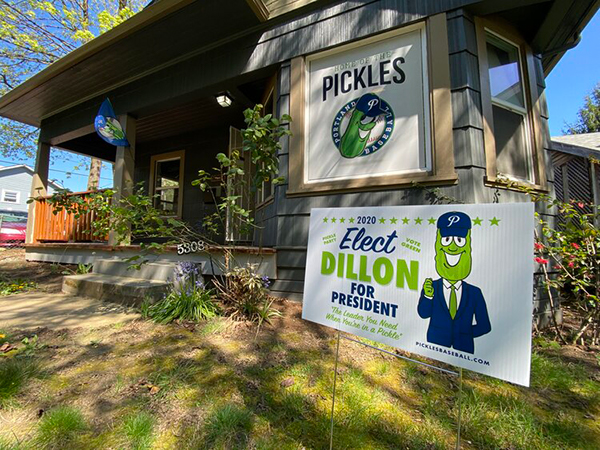
Second, the team has two alternate identities. The first, Gherkins, a term used to describe small pickles, is used by a team that Miller describes as a farm team for the Pickles. With the comings and goings of players at the collegiate summer level, the Pickles often draw on players from the Gherkins to fill out their roster late in the season.
“A gherkin is a baby pickle. This is sort of like our baby Pickles,” Miller said. “They’re not quite ripe yet.”

With that in mind, the team set out to create a younger, edgier pickle mascot.
“We came upon Lil’ P,” Miller said. “Lil’ P is our Gherkins mascot and he’s sort of a rascal. He’s very different than Dillon. Dillon is very innocent. Lil’ P is kind of pulling pranks on people, pulling out the power, doing all kinds of great stuff.”

The second alternate logo features an upside-down chair, which if you look closely incorporates the letter P. The chair logo was inspired by a tradition at the ballpark wherein fans raise chairs over their head when the team scores. The tradition was started by relief pitcher Maxwell Cromwell, and was then taken up by players and eventually fans.

“Now, whenever the Pickles score a run, the entire stadium raises a chair over their head,” Miller said. “That can be a chair they bring—we’ve got one guy that makes 3D renderings of chairs and he hands them out to people and they raise those—or cutouts, you know, the Number One foam finger, we do that as a chair.”
While the Pickles identity has gained some national attention, the chair logo is hyper local.
“The chair really has become synonymous with celebrations,” Miller said. “It’s a great nod to our biggest fans, the people who have been to games. If you’ve seen it, that’s the kind of inside joke.”
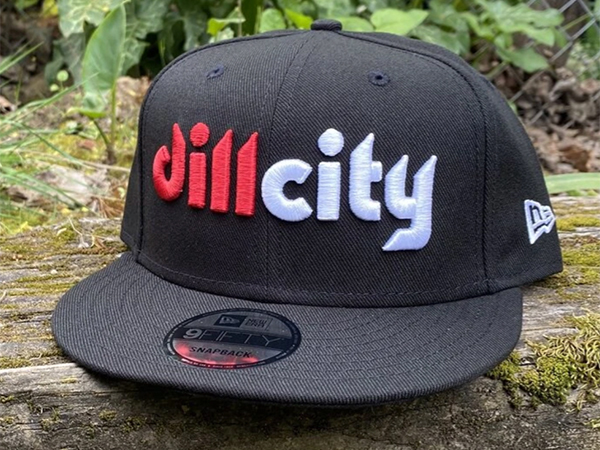
Finally the team has broadened its reach with unique partnerships. In June 2019, the team held Portland Trailblazers Night at the ballpark, and created its own take on the NBA team’s Rip City nickname, Dill City. In September 2019, Dillon T. Pickle traveled to Madrid to meet fellow pickle mascot Super Pepino of Liga team CD Leganés. And in October 2019, the Pickles held open tryouts (à la the Portland Mavericks) and traveled to Mexico to play an exhibition game against the Mazatlan Venados in front of 16,000 fans.

“There’s a purpose for everything we do,” Miller said. “Everything could look random and strange and bizarre, but if you look under the surface you’ll understand that there’s a real story and understand why this is happening.”
The team’s focus on building a fun brand and fleshing out the backstory of their growing cast of characters has kept the Pickles going through a tough year. Even without games in 2020, they’ve expanded their merchandise and, as Miller proudly notes, they have not had to lay off any employees.
Perhaps more impressively, the environment the team created has earned the respect of the rough and tumble veterans of the Portland Mavericks, who frequently come out to Pickles games.
“They’ve basically said to us, ‘This is the closest thing we’ve ever seen to the Mavericks—it’s incredible,’” Miller said. “And that to us is the highest compliment.”
The end result of all of this is a wacky team that has built a national name for itself by embracing the weird. Before the baseball team came along, Pickles may not have had much to do with their hometown, except for a shared first initial, but now it’s hard to see that briny cucumber without thinking of the latest chapter in Portland’s weird baseball history.









